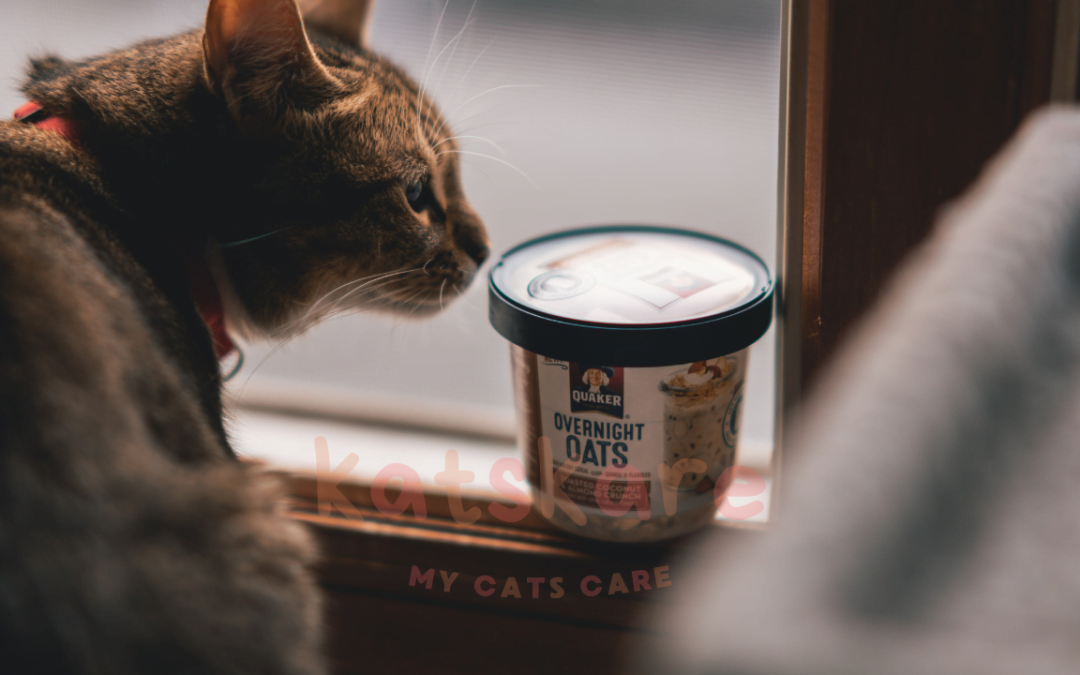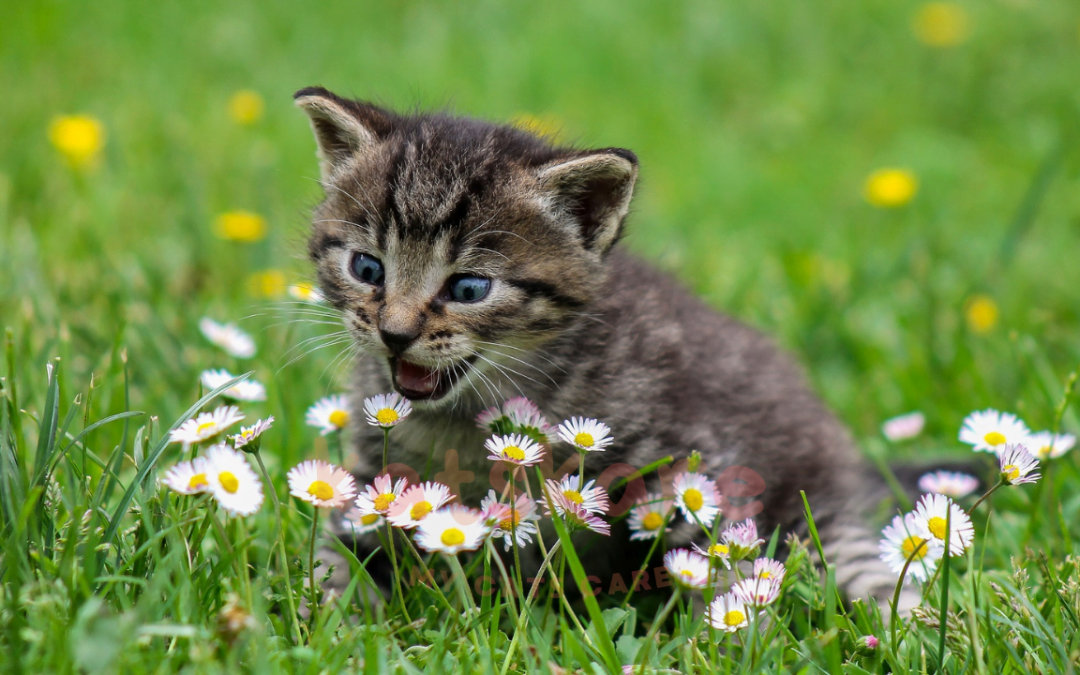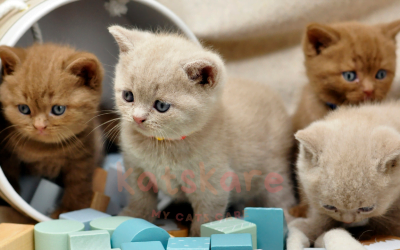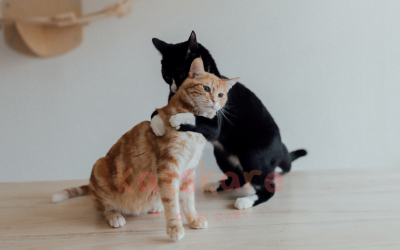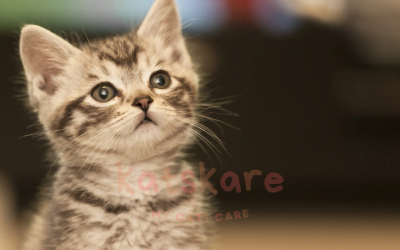Congratulations on your new kitten! Kittens are incredibly adorable and loving companions, but they can also require a lot of care. To ensure your new kitten is happy and healthy, here are some tips on how to feed and care for your kitten.
How to Feed and Care for Your Kitten
- Set up a Feeding Schedule: When bringing home, a new kitten, it’s important to establish a feeding routine. Kittens should be fed at least twice a day, with portions of wet or dry food appropriate for their age and size. Kittens need more frequent meals than adult cats because their metabolisms are faster and their bodies are still developing.
- Monitor Their Eating Habits: You should pay attention to your kitten’s eating habits. If your kitten is eating too much or too little, it’s important to contact your vet. Also, keep an eye out for any changes in the kitten’s appetite, as this could be a sign of an underlying health issue.
- Provide Your Kitten with Fresh Water: Make sure your kitten always has access to fresh, clean water. It’s important to change the water frequently, as this will help prevent any bacteria from growing and keep your kitten hydrated.
- Give Your Kitten Toys: Kittens need a lot of stimulation, both mentally and physically. Providing your kitten with a variety of toys, both interactive and non-interactive, is important for their development. This will also help keep your kitten from getting bored and will give them something to do when you’re not around.
- Give Your Kitten Attention: Kittens need a lot of love and attention. Spend time playing and cuddling with your kitten every day, as this will help them bond with you and make them feel safe and secure.
- Take Your Kitten to the Vet: It’s important to take your kitten to the vet for regular check-ups. This will help ensure that your kitten is healthy and up-to-date on all vaccinations.
Feeding and caring for your kitten can seem overwhelming at first, but it’s important to remember that with a little patience and consistency, your kitten will quickly learn what is expected of them. With the right care, your kitten will grow into a happy, healthy adult cat.




